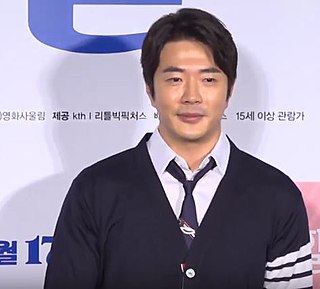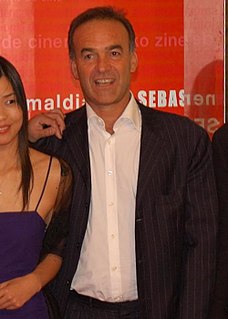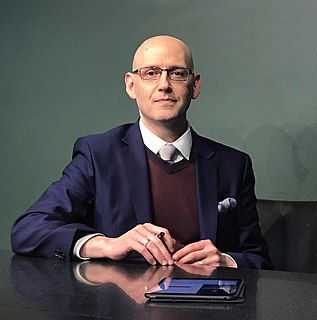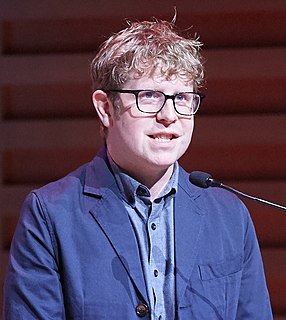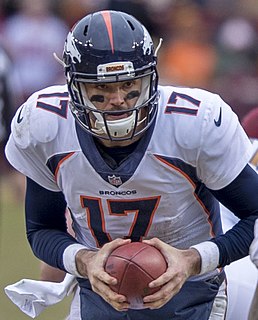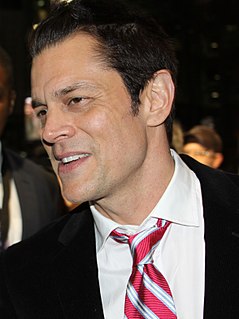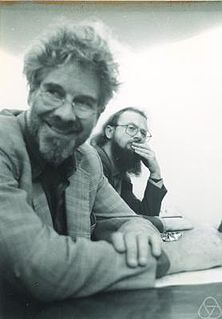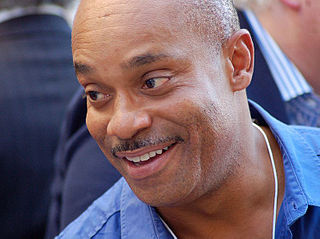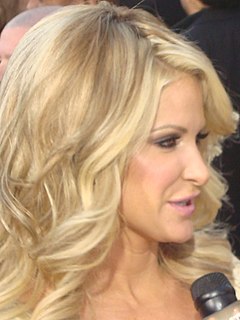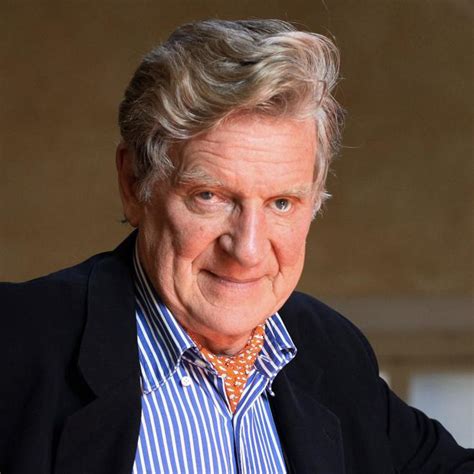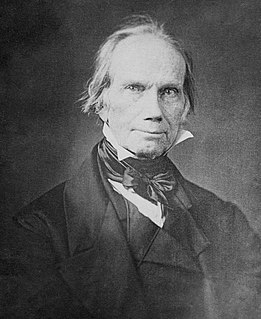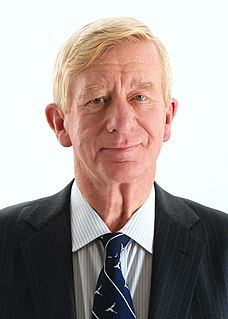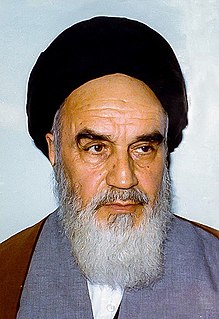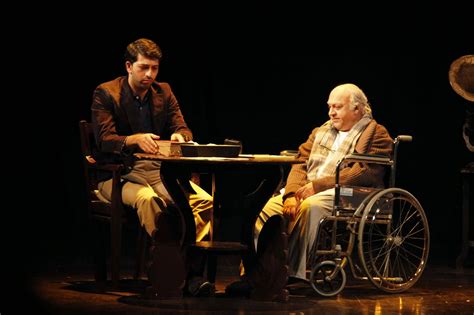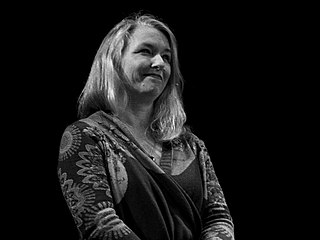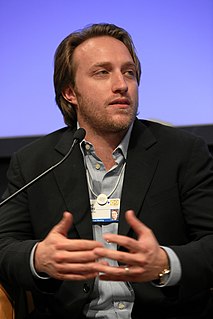Top 1200 Trust Issues Quotes & Sayings - Page 18
Explore popular Trust Issues quotes.
Last updated on October 1, 2024.
If you look at virtually all of the issues of importance to the people of America - issues like making public colleges and universities tuition-free - Hillary Clinton is now on record for doing that for people making $125,000 a year or less. You know what? That is pretty revolutionary. That will transform the lives of millions of families in this country. That's what Clinton stands for.
Every organization needs to be introspective, transparent, and honest with itself. This only works if everyone is unified on the goals and purposes of the organization and there is trust within the team. High-performing, successful organizations build cultures of introspection and trust and never lose sight of their purpose.
In my family there was no small talk, only talk about serious things like global politics - trying to interpret the distant political signs, looking desperately for some hope things would change. Religion was forbidden beginning in 1968, when I was born. So my communication with them was limited to issues of everyday life, which were issues of survival.
The blockchain is custom-made for decentralizing trust and exchanging assets without central intermediaries. With the decentralization of trust, we will be able to exchange anything we own and challenge existing trusted authorities and custodians that typically held the keys to accessing our assets or verifying their authenticity.
Music documentaries are hard to tell, but I think they're an amazing vehicle to look at racism, our attitude to sex, the way we judge drugs. There's the ability to get a big audience because of these incredible, iconic, charismatic people. You can look at a number of issues - the challenge is to make sure you choose something that has all those issues. Popular music is like a mirror of culture, of who we are.
The experience of [the African] bishops is that evangelization itself should be foremost, that the God of Jesus Christ must be known, believed in and loved, and that hearts must be converted if progress is to be made on social issues and reconciliation is to begin, and if - for example - AIDS is to be combated by realistically facing its deeper causes and the sick are to be given the loving care they need. Social issues and the Gospel are inseparable.
The scientist has to take 95 per cent of his subject on trust. He has to because he can't possibly do all the experiments, therefore he has to take on trust the experiments all his colleagues and predecessors have done. Whereas a mathematician doesn't have to take anything on trust. Any theorem that's proved, he doesn't believe it, really, until he goes through the proof himself, and therefore he knows his whole subject from scratch. He's absolutely 100 per cent certain of it. And that gives him an extraordinary conviction of certainty, and an arrogance that scientists don't have.
Certain issues in philosophy of science (having to do with observation and the definition of a theory's empirical import) had beenmisconstrued as issues in philosophy of logic and of language. With respect to modality, I hold the exact opposite: important philosophical problems concerning language have been misconstrued as relating to the content of science and the nature of the world. This is not at all new, but is the traditional nominalist line.
In many respects, we now live in a society that is only formally democratic, as the great mass of citizens have minimal say on the major public issues of the day, and such issues are scarcely debated at all in any meaningful sense in the electoral arena. In our society, corporations and the wealthy enjoy a power every bit as immense as that assumed to have been enjoyed by the lords and royalty of feudal times.
Healing works through a kind of detox: things have got to come up in order to be released. That is true of our personal issues, and also our collective issues. We can't just push the darkness down, pour pink paint over it and then pretend it's not there. We have to look at it, accept that it exists and then release it for healing.
You know in fairness Gary [Johnson] and I have not agreed on a number of substantive issues in this campaign, tax policy, we've had some influence on each other, I think I've had some influence on him, on constructive engagement around the world, he's had some influence on me in criminal justice reform issues.
These issues that exist among people that we are Iranian and what we need to do for Iran are not correct; these issues are not correct. This issue, which is perhaps being discussed everywhere, regarding paying attention to nation and nationality is nonsense in Islam and is against Islam. One of the things that the designers of Imperialism and their agents have promoted is the idea of nation and nationality.
To blindly trust government is to automatically vest it with excessive power. To distrust government is simply to trust humanity - to trust in the ability of average people to peacefully, productively coexist without some official policing their every move. The State is merely another human institution - less creative than Microsoft, less reliable than Federal Express, less responsible than the average farmer husbanding his land, and less prudent than the average citizen spending his own paycheck.
What do believers in the Absolute mean by saving that their belief affords them comfort? They mean that since in the Absolute finite evil is ‘overruled’ already, we may, therefore, whenever we wish, treat the temporal as if it were potentially the eternal, be sure that we can trust its outcome, and, without sin, dismiss our fear and drop the worry of our finite responsibility. In short, they mean that we have a right ever and anon to take a moral holiday, to let the world wag in its own way, feeling that its issues are in better hands than ours and are none of our business.
It's not enough to be a woman. You have to care about women's issues. And women's issues here in Iowa are that we have a strong economy. We have jobs that our sons and daughters can go off to someday. We have a great educational system. And women want strong national defense. We want to know that our families are going to be safe.
How do we fill the need for technology workers, people who have computer skills and math and science skills? How do we get a more diverse science workforce? These are all issues - I would look at these documents that were from the '50s and '60s and '70s, and you'd swear they were written two weeks ago because the issues are the same.
[My father] was a banker. He was the president of the Cambridge Trust Company, the head of the trust department, and he taught classes at the Harvard Business School. And he was a member of the Harvard Faculty Club, which I am, too, because what I did is... I have the same name as my father, only Jr.
One of the defining things about my career on camera is I like to play different characters. That gets difficult to do. People don't trust you to do something different. In animation, it's all about trust and how far can you go away from yourself. It's a really marvelous environment that's extremely creative.
My father gave me this poster from National Geographic back in the very early 70s, so I was a young teenager. It showed how man polluted his world. And the issues that they talked about, whether it was water pollution, air, or terrestrial... The issues that they talk about on this poster are still very much present today.
As the photographer, it's challenging to make images that read quickly and are powerful, but have enough humanity and compassion. I've worked on these issues in the developing world because that's where the risk to girl's safety and access to education is the highest. But that doesn't mean that we don't have issues in the U.S. or western countries. For me, I focused on the developing world because it felt like the issue was more urgent there.
I think when you take the job, you automatically assume that you work for the president. And you are part of a team. And loyalty is a big thing. It's, you know, as a former governor, I can tell you, loyalty and trust is everything when you're a CEO. And so I can totally understand why Donald Trump is looking for loyalty and trust.
I've had self-esteem issues for a really, really long time. Plenty of people think I'm ugly, and plenty of people don't. But there's a moment when I'm modeling where I forget about my self-esteem issues and focus on what the photographer's telling me - and I feel pretty. And in that sense, it's selfish.
I've said this before and I'm very proud of it, that when it comes to judgment, having run a hard race against Senator [Barack] Obama at the time, he turned to me to be secretary of State. And when it comes to the biggest counterterrorism issues that we faced in this administration, namely whether or not to go after bin Laden, I was at that table, I was exercising my judgment to advise the president on what to do, on that, on Iran, on Russia on China, on a whole raft of issues.
In anything really, it's finding the reality. You can't be 'real,' but you can create a reality. And that created reality is what the audience believes in. And that's essential. Because if the audience doesn't believe that, they're never going to trust you. And if they don't trust you, you can't lead them up the mountain.
Perhaps the choice is a negative one, in that I was trying to avoid everything that touched on well-known issues - or any issues at all, whether painterly, social or aesthetic. I tried to find nothing too explicit, hence all the banal subjects; and then, again, I tried to avoid letting the banal turn into my issue and my trademark. So it's all evasive action, in a way.
